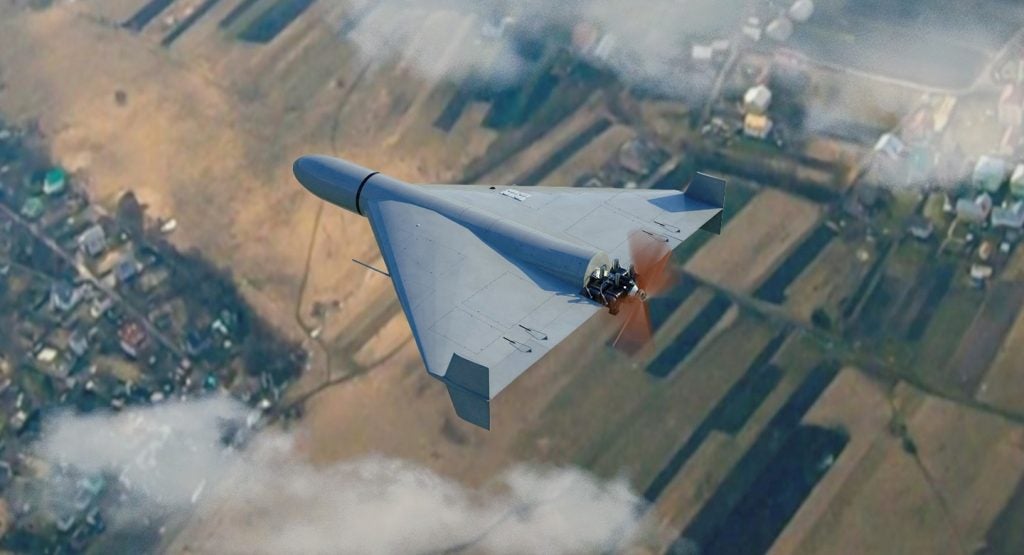The UK defence sector is set to receive a seismic boost in funding, the largest investment in 30 years, increasing the defence budget by £16.5bn over the next four years, as announced today by the Prime Minister. Capabilities across the entire sector are poised to benefit from the financial backing, with the modernisation of the armed forces taking a particular focus. Driving this boost in funding was the expectation that without additional support, the armed forces were on the path to a state of decrepitude that would be difficult to reverse.
Madeline Wild, Associate Defense and Security Analyst at GlobalData comments: “This commitment to the defence market comes at a time of great uncertainty as the market prepares to operate after the transition period ends. Further to this, the UK’s position on the world stage is in flux and so a strong commitment to defence will help Britain protect its territorial sovereignty and integrity, while upholding its obligations within NATO. The UK will continue to be one of the biggest spenders on defence, a stance that will aid the UK’s relationship with the incoming Biden administration in the US.”.
“Closer to home, the increase of the defense budget will help secure the future of the domestic defense industry. Defense Secretary Ben Wallace announced that much of this funding will go to the naval industry to fund projects including the new Type 32 Frigates. Shipbuilding is notoriously labor intensive and thus the boost to the jobs market in these industries will have a wider impact on the economy, especially in the local areas surrounding the shipyards.”
Amir Boubaker, National Security Analyst at GlobalData comments: “National security was historically a major innovator of cutting-edge technology, this dynamic has shifted towards the private sector in recent times. The government has drafted plans over the last few years to become better adapted to reacting quicker to developments in the commercial space. Programmes such as the Modernising Defence Programme and advanced communications capability MORPHEUS aim to do just that. Although, there has been no sign more significant in their intent than today’s announcement to heavily increase investing in advanced capabilities in the defence sector. Also, there have been recent announcements signaling the need to improve suitably qualified and experienced personnel (SQEP) and upskilling.
“Investment is targeting flexible technology areas, capable of being leveraged across multiple sectors, such as artificial intelligence (AI), cyber security, data and space systems. Applications of these technologies such as satellite communications, drones, advanced networks and AI powered detection systems will be rolled out across the deployed forces. A dedicated agency for AI will play a major role in implementing and developing new technologies and services across numerous national security departments.
“The forming of the National Cyber Force raises questions around the pre-existing cyber security assets already in place, will they be absorbed into a unified single force or work alongside each other. The National Cyber Security Centre is likely to spearhead the new cyber force, or at a minimum play a major role in its formation and strategy.
How well do you really know your competitors?
Access the most comprehensive Company Profiles on the market, powered by GlobalData. Save hours of research. Gain competitive edge.

Thank you!
Your download email will arrive shortly
Not ready to buy yet? Download a free sample
We are confident about the unique quality of our Company Profiles. However, we want you to make the most beneficial decision for your business, so we offer a free sample that you can download by submitting the below form
By GlobalData“Defence Science and Technology Laboratory (DSTL) and Defence Analytical Services and Advice (DASA) will surely be some of the primary recipients of this increased investment, both being heavily involved in the development of advanced technologies. How the funds are delivered and distributed across these departments is yet to be announced, however the government could piggyback on pre-existing schemes such as the Joint Security Fund.
“Legacy capabilities will find themselves on the wrong side of this funding, with cuts to outdated services and equipment expected as the sector continues its push to modernise and become more cost-effective. The defence sector doesn’t have the best track record with managing costs, and this new funding will prove an even greater challenge.”









Related Company Profiles
Defense Holdings, Inc.
NATO
Morpheus AG
Defence Science and Technology Laboratory
The National Cyber Security Center